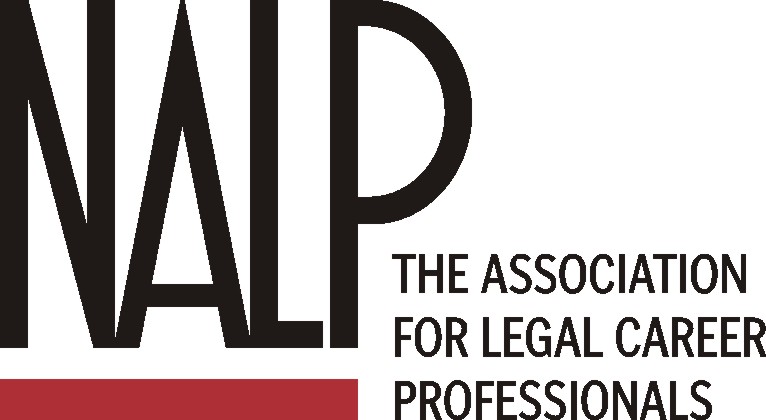We continue PSLawNet’s Expert Opinion series with an interview with Seema Ahmad, a staff attorney at Advancement Project. She works on the  “Ending the Schoolhouse to Jailhouse Track” team to end policies that over-criminalize youth and push them out of school. In addition to speaking about the substance of the work she does, Seema provides insights into professional networking, building interpersonal relationships, and being flexible about the beginning of a career in public interest. Thanks, Seema!
“Ending the Schoolhouse to Jailhouse Track” team to end policies that over-criminalize youth and push them out of school. In addition to speaking about the substance of the work she does, Seema provides insights into professional networking, building interpersonal relationships, and being flexible about the beginning of a career in public interest. Thanks, Seema!
Seema, tell us generally about the work of Advancement Project. Can you also talk to us about the work you to on a day-to-day basis, specifically for the program you work on?
Advancement Project is a civil rights organization committed to advancing universal opportunity and a just democracy. AP specifically seeks to support and amplify the work of community groups and coalitions throughout the country and to support the national movement for social justice.
Specifically, I work within our “Ending the Schoolhouse to Jailhouse Track” project where we seek to combat overly harsh school discipline practices as well as other policies that criminalize youth within the public school system and that set them on a path toward incarceration instead of education. As an organization committed to racial justice, this “school to jail” track is particularly disturbing in that it disproportionately affects low-income youth and youth of color. The exciting thing about my work is that it varies greatly depending on the day. I essentially work in partnership with a number of community organizations and on any given day, I may be at a school district meeting in Philly or working with organizers in Denver to shoot a video depicting the school-to-jail-track. When I’m in my office, I’m often reviewing school policies and state laws on school discipline and strategizing with organizers about their campaigns to end the school-to-jail-track.
You started your career as a fellow at the Open Society Institute, and then transitioned to Advancement Project. Could you tell us how that process played out for you and any advice you found helpful for new attorneys interested in public interest work?
Immediately following law school, I was on a 1-year fellowship at OSI which I received from the Human Rights Institute at Georgetown Law. I worked on post-9/11 civil liberties issues and had an incredible experience. As my fellowship was coming to a close, I depended heavily on my OSI supervisors to both keep me in mind as they heard of job openings and to serve as references. Obviously, finding a public interest job is incredibly difficult and it helps if you have mentors and supervisors that may know of opportunities that don’t have formal postings or that are willing to make a phone call for you, It can make all the difference.
Are there particular activities that you undertook in law school that gave you the skills and abilities you utilize now?
Aside from learning traditional legal skills, being an active student leader on campus was tremendously helpful. Much of the coalition work we do at AP or the work we do with our community partners is not completely unlike organizing and I feel like my experience in school gave me at least a small window into the amazing work of our community partners. In addition, I feel very lucky to have taken some incredible classes on organizing, critical race theory, and race and the criminal justice system that made me well-prepared for my current job.
Can you give us three pieces of advice you’d offer law students or recent graduates who are on public interest career paths to arm them in their job search?
1) I honestly don’t think I have any pearls of wisdom that folks haven’t read in a handbook or heard a million times over. I think the job search process is extremely difficult and stressful. I know this isn’t concrete advice geared toward getting a job specifically, but I would say it’s important to not get down on yourself and treat yourself well!
2) Don’t be afraid to cold-call people at potential places of employment and try to set up a time to chat – even if by phone. I think in general that kind of enthusiasm can only be seen as a positive thing.
3) I think expanding the search to all possible things you could be interested in is important. Sometimes we have a fixed vision of what we want to do or what area of law we want to work in but I do think it’s important to be flexible and allow opportunities you wouldn’t have thought of to surprise you.
Steering back to your work for our final question: some have speculated that one of the recession’s silver linings is that fact that states have been forced to visit the impact that mass incarceration has on their budgets as they must pay for heavily crowded incarceration systems. Have you seen any signs that post-recession fiscal considerations may compel states to revisit the policy debates about non-violent crimes that incarcerate many young people?
This is an excellent and very timely question. The resounding answer is yes. One of our main arguments at AP is that harsh school discipline and the criminalization of youth has extraordinarily high costs (in addition to being ineffective when it comes to promoting school safety and academic achievement). There is a host of proven interventions that help youth grow into productive, healthy adults, that create safe school environments, and that improve academic achievement. Over the long run, these interventions certainly cost less than incarcerating our youth for relatively minor misbehavior in school. After all, the latter approach results in not only costs emanating from the juvenile justice system, but broader costs to communities and to society at large.















































































